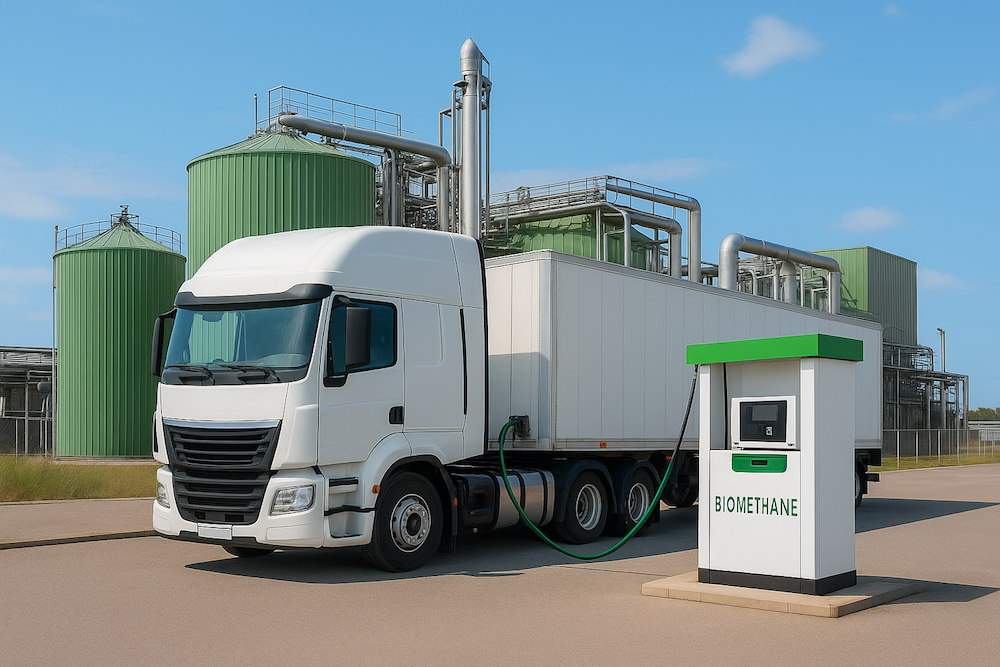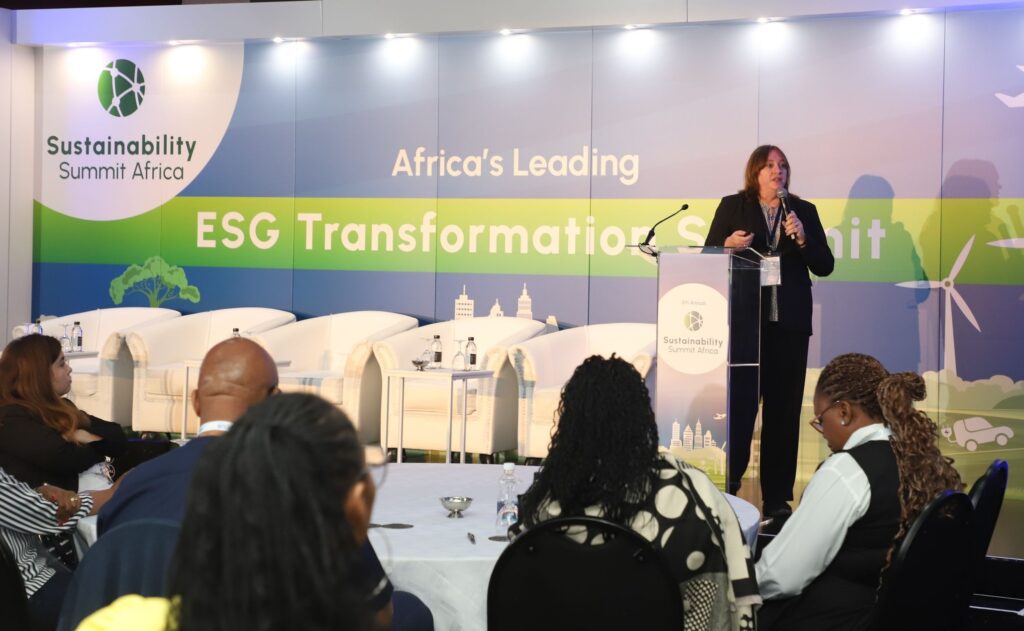For Africa’s trucking sector, the challenge of the next decade will not only be about cleaner fleets but also about mobilising to ensure that circular economies underpin reliable new energy systems. If Africa is to build true energy resilience, the ownership of solar, wind, biomass and green hydrogen assets must rest with Africans themselves, not offshore corporate profit-seekers.
That was the powerful undercurrent at the 5th Annual Sustainability Summit Africa, held in Johannesburg, where business leaders, policymakers, NGOs and sustainability specialists convened to plot the continent’s unique, inclusive path to a green transition.
Unlocking Africa’s renewable potential
Speakers underscored that Africa, while contributing the least to global emissions, faces the harshest climate realities – droughts, flooding, resource scarcity and land degradation.
With fit-for-purpose policy frameworks and targeted investment, the continent could emerge as a renewable energy powerhouse. Sasol’s Climate Change senior manager Raksha Sunderlall highlighted how scaling renewables can meet national emissions targets while also unlocking jobs and wider socio-economic benefits.
Green finance, however, remains a key bottleneck. Deloitte’s Jayne Mammatt and other experts pointed to the pressing need for de-risking mechanisms, green bonds and blended finance models, warning that adaptation and mitigation strategies cannot progress without predictable flows of capital.
Circular energy and biomethane for sustainable transport
Not all sessions focused on barriers. One of the most uplifting presentations came from Patricia Schröder, CEO of Circular Energy NPC, whose Energy 4 Hope initiative refurbishes solar PV modules and batteries for reuse in disadvantaged communities. Piloted at Ikhethelo Children’s Village in KwaZulu-Natal, the project demonstrates how circularity can combat both energy poverty and waste.
“We must reframe waste as a resource,” Schröder told delegates. “Circular solutions are not just possible, they are necessary.”
This same logic can power the trucking sector’s future. Locally produced biomethane, derived from organic waste streams such as agricultural residues or municipal biogas plants, could fuel heavy-duty trucks sustainably while creating thousands of rural jobs.
In South Africa, sugarcane bagasse and food processing residues could be converted into compressed biomethane to run long-haul fleets. In East Africa, livestock manure and crop residues offer another scalable feedstock, while municipal waste streams in rapidly growing cities could power distribution vehicles.
By turning waste into fuel, transport operators can cut diesel dependence, slash emissions and reduce costly fuel imports – all while stimulating Africa’s own energy economy.
Building sustainable African value chains
Daniel Viviers-Rasmussen of NewForesight explored how agriculture can be made commercially viable at scale through shared value chains and robust public-private collaboration. Such approaches, he argued, will be key to Africa’s ability to feed its people while adapting to harsher climate conditions.
Delegates praised the summit’s practical and inspiring content. “I found the content valuable and well delivered,” said Xolisa Dhlamini of Sanlam. “My highlight was the presentation from Circular Energy NPC,” added Lesego Matjila of the CSIR – NCPC-SA.
Rooted solutions for Africa’s future
Debbie Tagg, CEO of Smart Procurement, summarised the essence of the summit: “As climate pressures intensify, the summit underscored the necessity for Africa to craft our own solutions, and not depend on unsuitable, one-size-fits-all global approaches.
“The path forward isn’t about adopting what’s worked elsewhere, it’s about building what works here – with the focus on our people, our challenges and our enormous potential.”
Editor’s comment: Africa stands at a crossroads. The trucking sector and wider logistics industry must not sit back and wait for imported solutions that enrich foreign corporations while leaving Africans exposed. Locally owned renewable infrastructure – whether solar microgrids or biomethane plants for trucking fleets – can safeguard both the economy and the environment.
What doesn’t help is anti-decarbonisation political rhetoric from so-called ‘national leaders’, a recent example being US president Donald Trump’s farcical diatribe against climate change policies at the UN.
Environmentalism detractors (especially those in government) are not only harmful to Earth’s biosphere, societies and economies, but they betray the world’s children, who deserve a healthy planet to grow up in. Ultimately, Africa must take the reins of its green recovery, remain steadfast and chart its own course.
Click on photographs to enlarge





